Idea Shopping: Will it wedge a divide between agency and clients?
Idea shopping by clients has been a long-pending issue for agencies. There have been instances where agencies have alleged that ideas presented during the pitch process have been used by clients in their campaigns even though the agency was not given the account. There have also been calls for introducing pitch fees. But more on that in a bit.
In a fresh development regarding the case of Vivo V17 Pro Mobile Handset campaign, the Mumbai Mirror has reported that the Mumbai High Court has ruled in favour of Ogilvy India in a plagiarism suit filed against Vivo India and their agency of record Dentsu Impact.
The court found striking similarities between the TVC released by Vivo India and a creative proposal that was shared by Ogilvy prior. The court order stated that while Vivo India would be allowed to continue to air the TVC, it would have to furnish a deposit of Rs 1 crore or get a bank guarantee from a reputed bank.
The ad in question is called ‘Light Up the Night’, which was done for Vivo V17 Pro Mobile Handset and features Aamir Khan.
Awaiting the final judgement of the HC, Dentsu Impact has released an official statement, wherein it has strongly denied copying the idea. “What we created is completely our original work, and we have always maintained this before the Hon’ble Court, as this is the fact,” the agency stated.
Official response from @DentsuImpact to the recent conversations. pic.twitter.com/q1AekqZETm
Conversations on Twitter, sparked by the events, speculate whether the agency was genuinely unaware of the earlier proposal that had been shared and was goaded by the client to deliver a similar output. However, conversations clearly indicate that ‘idea shopping’ is a prevalent issue that needs to be addressed in the agency-client ecosystem.
What is Idea Shopping?
When brands call for a pitch meeting, the situation is not unheard of where the client selects the best idea that comes up in the pitch process, but assigns another agency to execute the idea. Considerations like costs, agency-client relationship, and other interests of the client may influence such a decision.
Kawal Shoor, Founding Partner, The Womb, acquiesced that as a practice “idea shopping has been prevalent since the beginning of advertising”.
What angers the creative fraternity?
Both Ogilvy and Dentsu Aegis Network house some of the top creative talent in the industry. Ultimately ‘idea shopping’ is about people and their creativity. No creative person would remain employable if they did such a thing.
As digital marketer Shubho Sengupta emphasised, “This is something that clients do. Agencies avoid doing such things as it will be a black mark on them.”
Why do clients get away with it?
Often, the agency has no recourse but to settle the dispute in courts, which is extremely distasteful. It tarnishes the hopes of any future relationship between the two organisations. In fact, the current case filed by Brand David on behalf of Ogilvy India might be the first instance of a creative agency taking a stand in India.
Ashish Khazanchi, Managing Partner, Enormous Brands, remarked, “We as an industry need to respect and value what we do. If we think our ideas are just some of us flying a kite, we will never really fight for our work. Our ideas have the power to change things and our partners should be made to equally believe in the value of ideas to them.”
In recent memory, agency FCB chose to cut off their 100 year association with Nivea due to the homophobic comments by Nivea's creative team.
While these insulated cases are remarkable, to really turn on the screws, the creative fraternity would have to take a unified stance against bad behaviour displayed by brands.
Agency-Client relationship
Arun Iyer, Founder, Spring Marketing Capital, observed glumly that “the larger issue is that the entire relationship with agencies has become transactional.” He further said that in the past, the most successful agency-client relationships lasted years, if not decades.
Echoing similar views, Raj Kamble, Chief Creative Officer, Famous Innovations, said, “A pitch should be about selecting people rather than campaigns. Nowadays, pitch has become just about listening to some ideas.”
The creative heads of prominent independent agencies that Adgully spoke to said that a solution could be where agencies could follow a no-pitch policy or choose to assign a monetary value to pitch meetings as a creative idea is their IP. While such safety valves could be effective, we believe long term client-agency partnerships can only be successful if they transacted in the most fundamental currency in the industry, which is ‘trust’.
Surprisingly – or not so surprisingly – several marketers and brands that Adgully reached out to for comments in this issue refrained from responding to the queries.




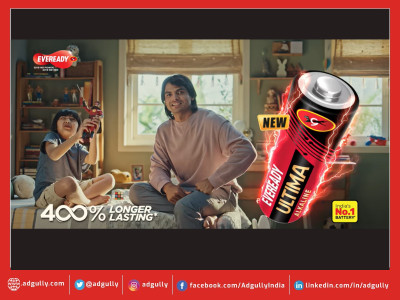


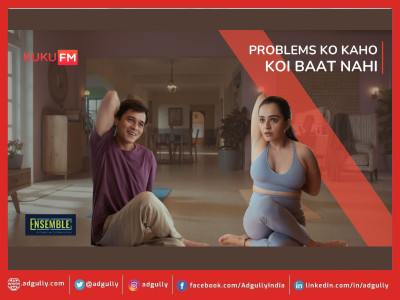
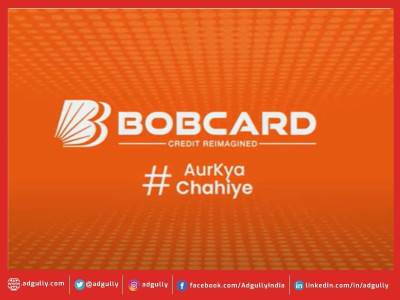
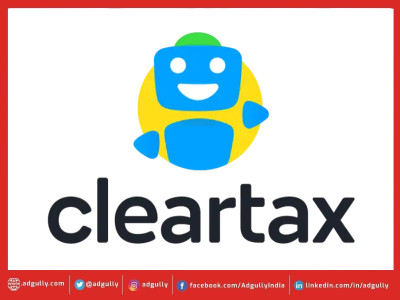


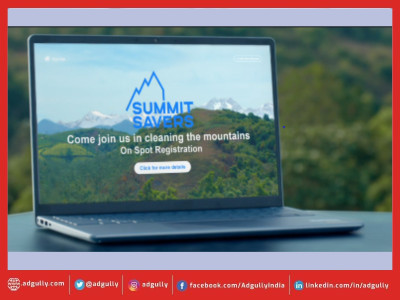
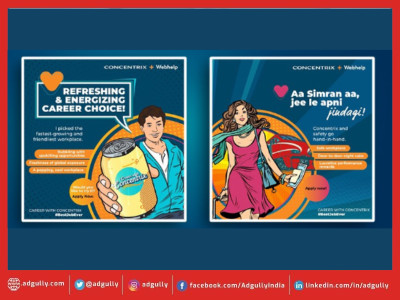
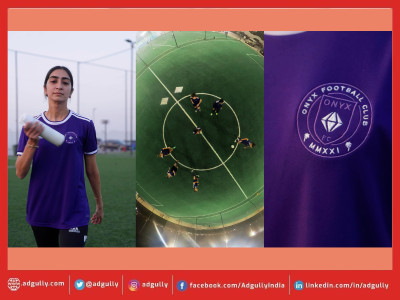


Share
Facebook
YouTube
Tweet
Twitter
LinkedIn